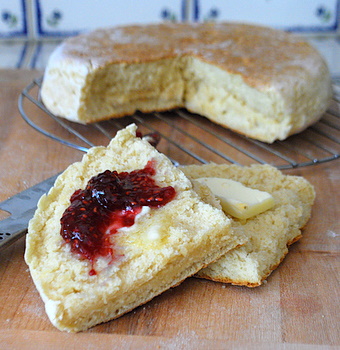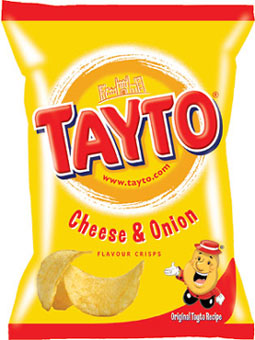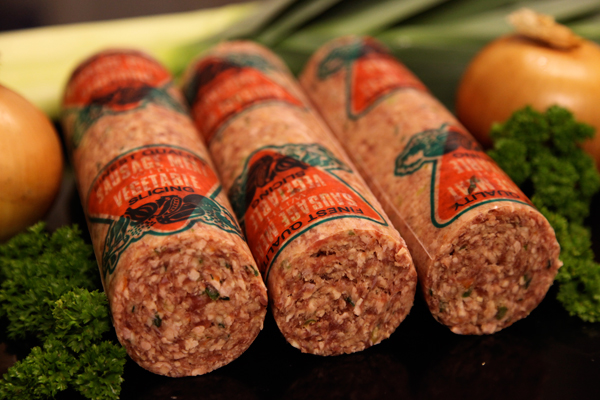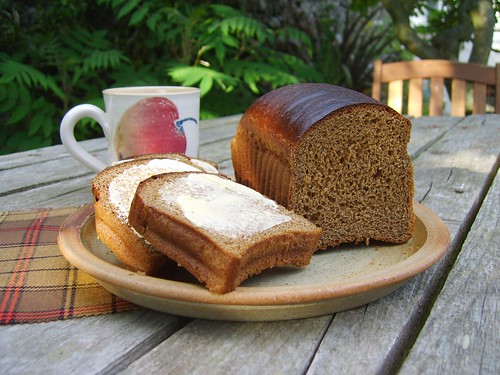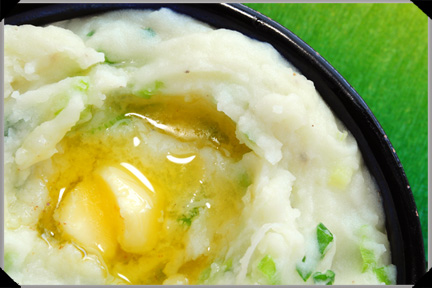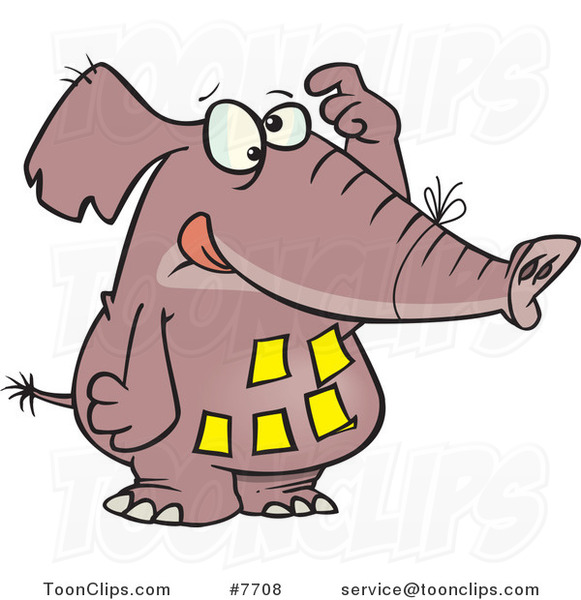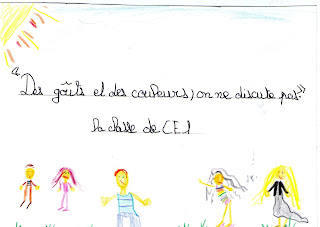' E' meglio un uovo oggi che una gallina domani'
'Besser heute ein Ei als
morgen eine Henne'
'A bird in the hand is worth two in the bush'
'Un tiens vaut mieux que deux tu l'auras'
In questa attività sono state coinvolte le classi seconde, terze e quarte. Alcuni detti sono stati tradotti dal dialetto, testimonianza delle nostre diverse origini.
Tommaso, con grande orgoglio, ha riportato un proverbio in dialetto clautano, che si tramanda nella sua famiglia da ben quattro generazioni e che si riferisce al cambiamento di tempo.
'Quant che il Magor a l'à il ciàpel, mola la falth e ciapa il rastrel'
'Quando il Monte Magor (Pelle Nuda) ha il cappello, molla la falce e prendi l'ombrello'
'Quando la montagna mette il cappello, il pastore prende l'ombrello'
When the mountain
puts the
hat, the shepherd
leaves his
sickle and
takes his rake .
'When tha cat's away the mice will play'
' Quando il gatto non c'è i topi ballano'
Ist die Katze nicht da,
tanzen die Mäuse auf dem Tisch.
We also discovered translating them , correspondent idiomatic sayings related in meaning in English, German and French. Six classes carried out this task, our 2nd, 3rd and 4th grades. Parents and grandparents were involved, some of our mottos were translated from different regional dialects.
Read our Proverbs ' e-book!

















